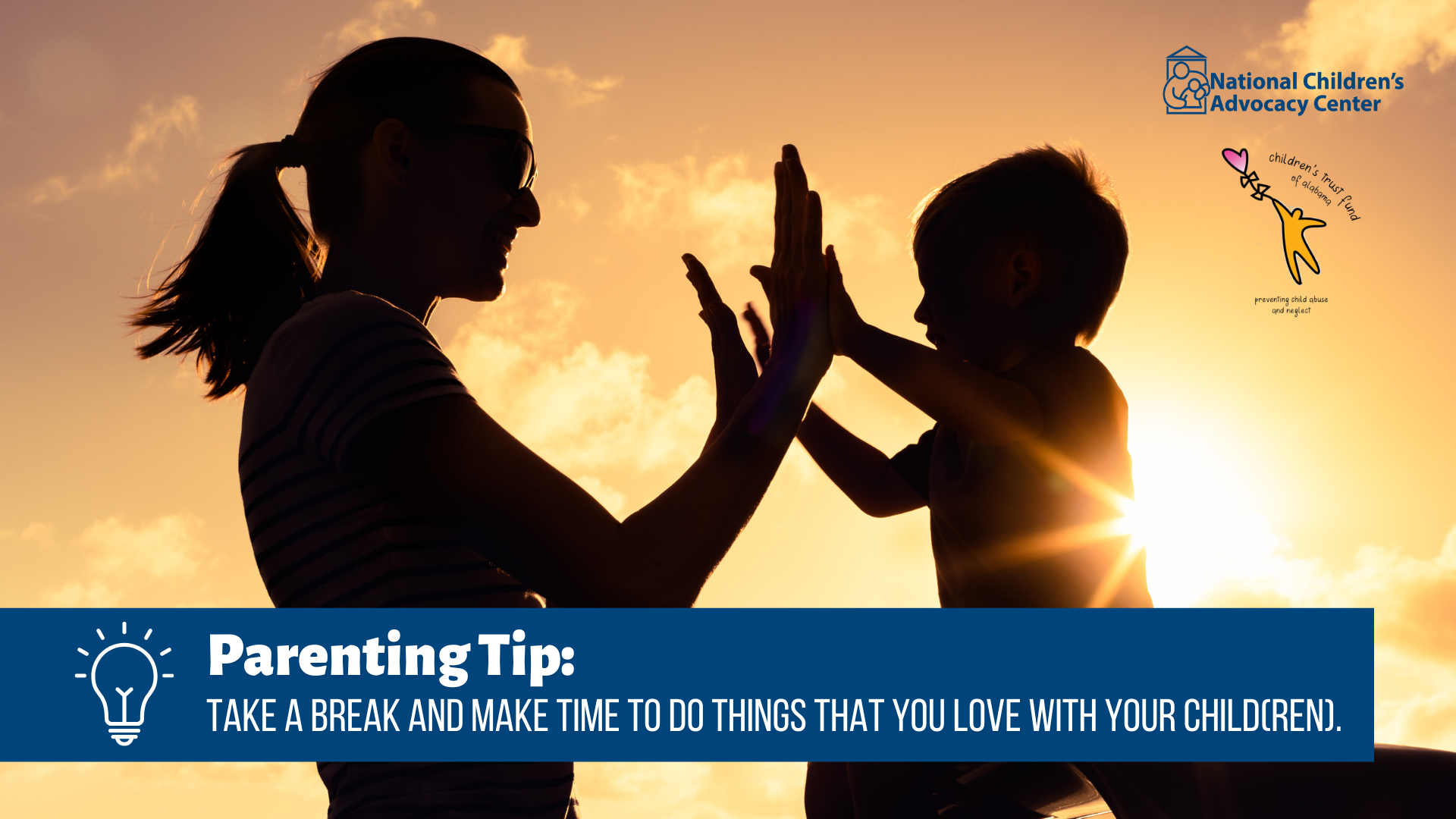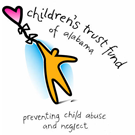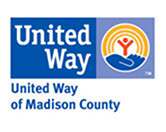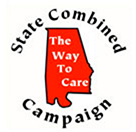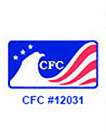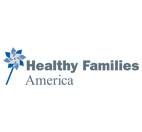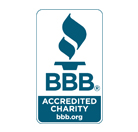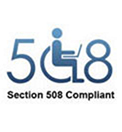Protective Factors Social Media Toolkit Series
This toolkit, Parenting Tips: Parental Resilience, is the third of six child abuse and neglect prevention Protective Factors Social Media Toolkits developed by the National Children’s Advocacy Center. These toolkits are based on the Strengthening Families™ Protective Factor Framework (1) and the Protective Factors Conversation Guides for Partnering with Families (2).
Toolkits include tips and questions for parents and caregivers to encourage conversations that support positive parenting practices and promote social norms that help protect children from abuse and neglect.
Each toolkit is centered around one of the following protective factors:
- Nurturing and attachment
- Knowledge of parenting and child development
- Parental resilience
- Social connections
- Concrete supports in times of need
- Social and emotional competence of children
References:
1. Children’s Trust Fund Alliance. (2022). Protective factors. https://ctfalliance.org/protective-factors/
2. Administration for Children and Families Administration on Children, Youth and Families. (2021). Protective Factors – Conversations Guides for Partnering with Families. In 2021/2022 Prevention Resource Guide (pp. 50-75). Washington, DC: Author.
Instructions
For Text: Highlight text. While text is highlighted, right click and choose copy. Navigate to social media page and in space intended for text right click the mouse and choose paste.
CLICK HERE TO DOWNLOAD IMAGES. Save file to computer. Upload video to social media page from saved location.
Suggested Text
Image
Resilience is the flexibility and inner strength to bounce back when things are not going well. It helps you to protect your children from stress and can help them to learn important calming and problem-solving skills.
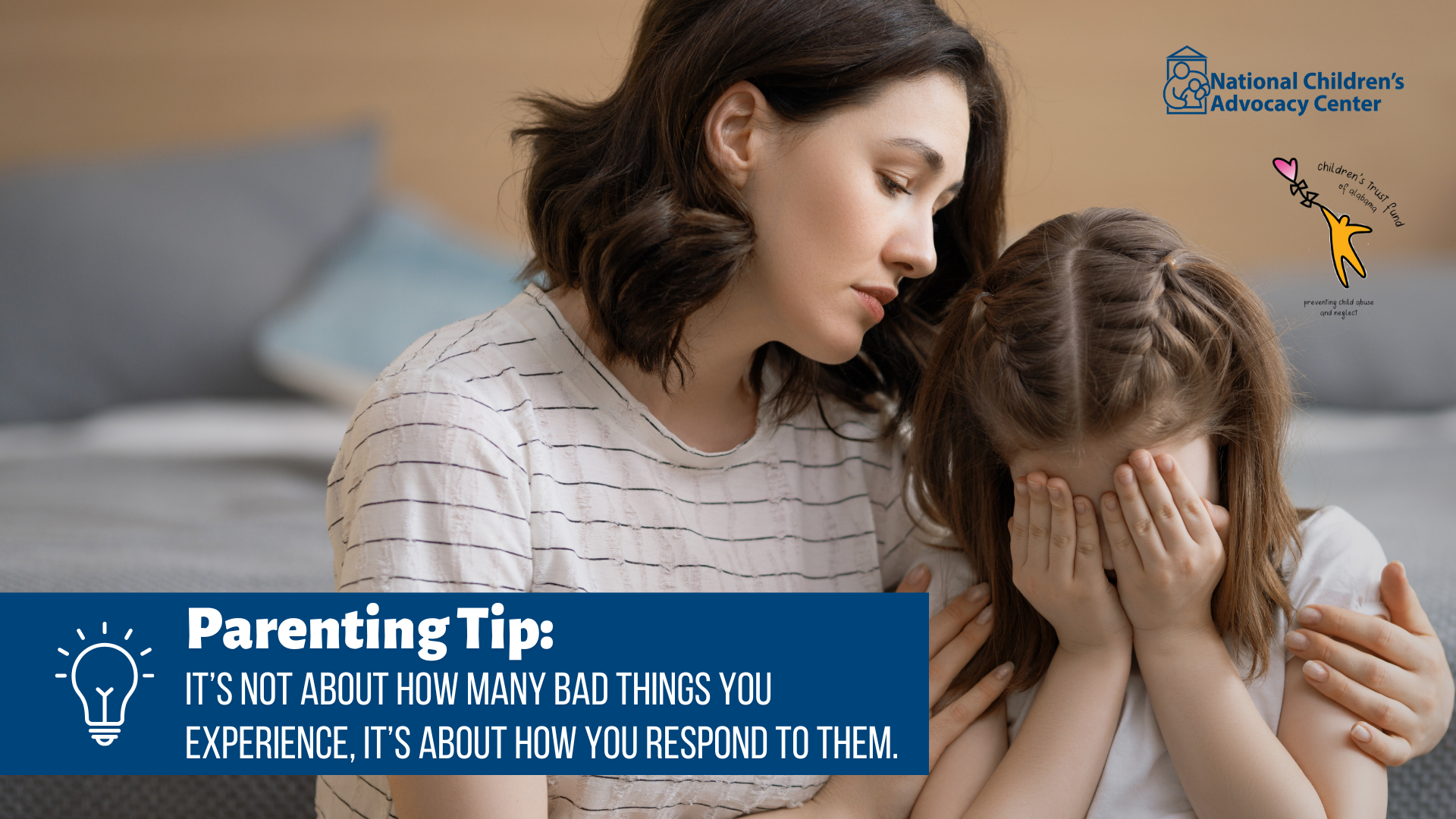
As a parent, you have strengths and resources that can serve as a foundation for building your resilience.
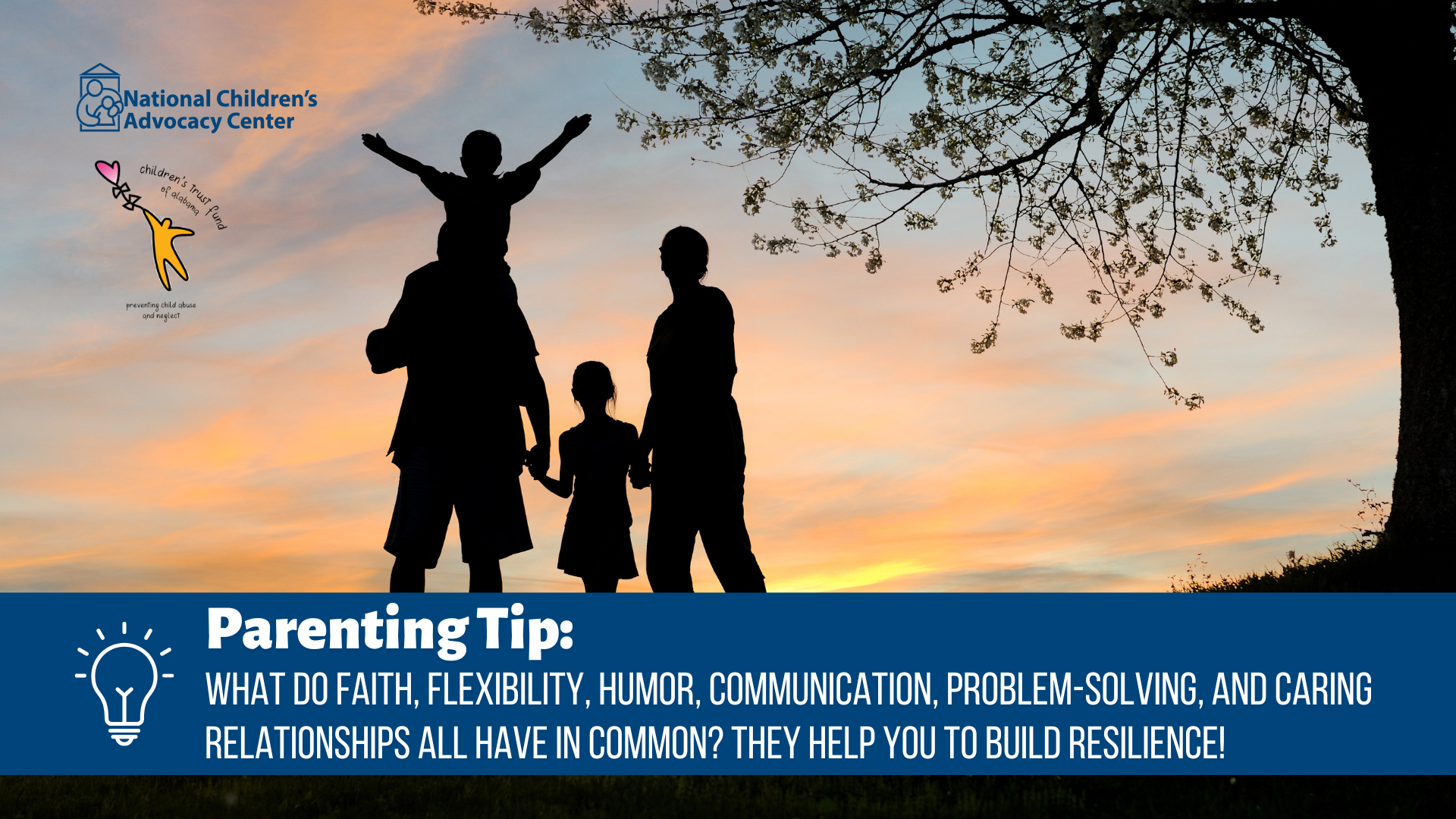
If your family has many life stressors (trauma, illness, relationship problems, substance use, or violence) and financial stressors (unemployment, financial problems, or homelessness) coping with everyday stresses of parenting may be harder.
Help is available. If your family is facing any of these challenges in Alabama, call the Parenting Assistance Line at 866-962-3030. Anywhere in the U.S. call 2-1-1 for resources such as housing, food, health care and more.
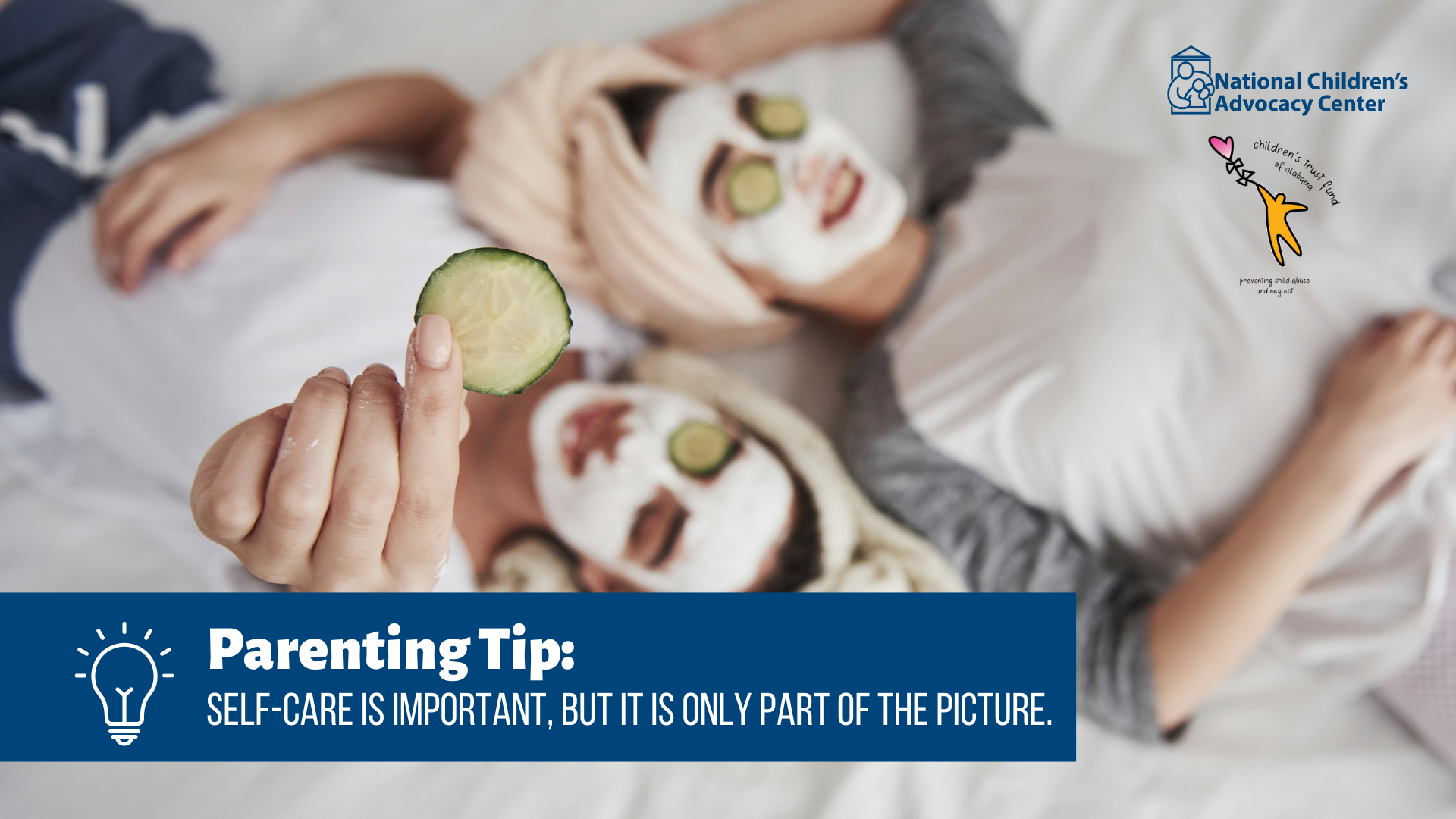
Help is available. In Alabama, call the Parenting Assistance Line at 866-962-3030. Anywhere in the U.S. call 2-1-1 for resources such as housing, food, health care and more.
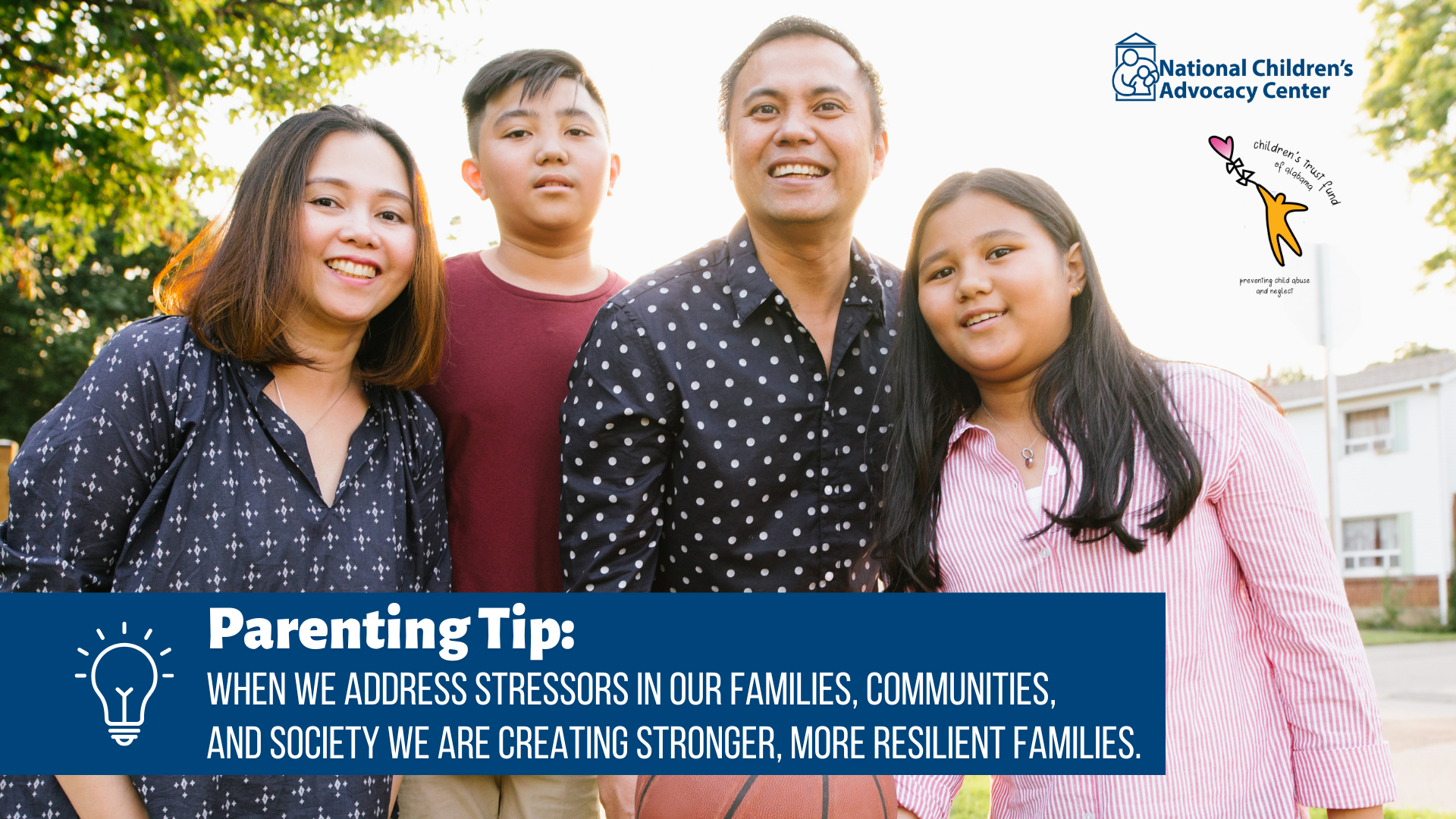
Parenting is stressful, and some situations are more difficult than others. What do you notice about yourself and your child(ren) when you are under a lot of stress?
Help is available. In Alabama, call the Parenting Assistance Line at 866-962-3030. Anywhere in the U.S. call 2-1-1 for resources such as housing, food, health care and more.
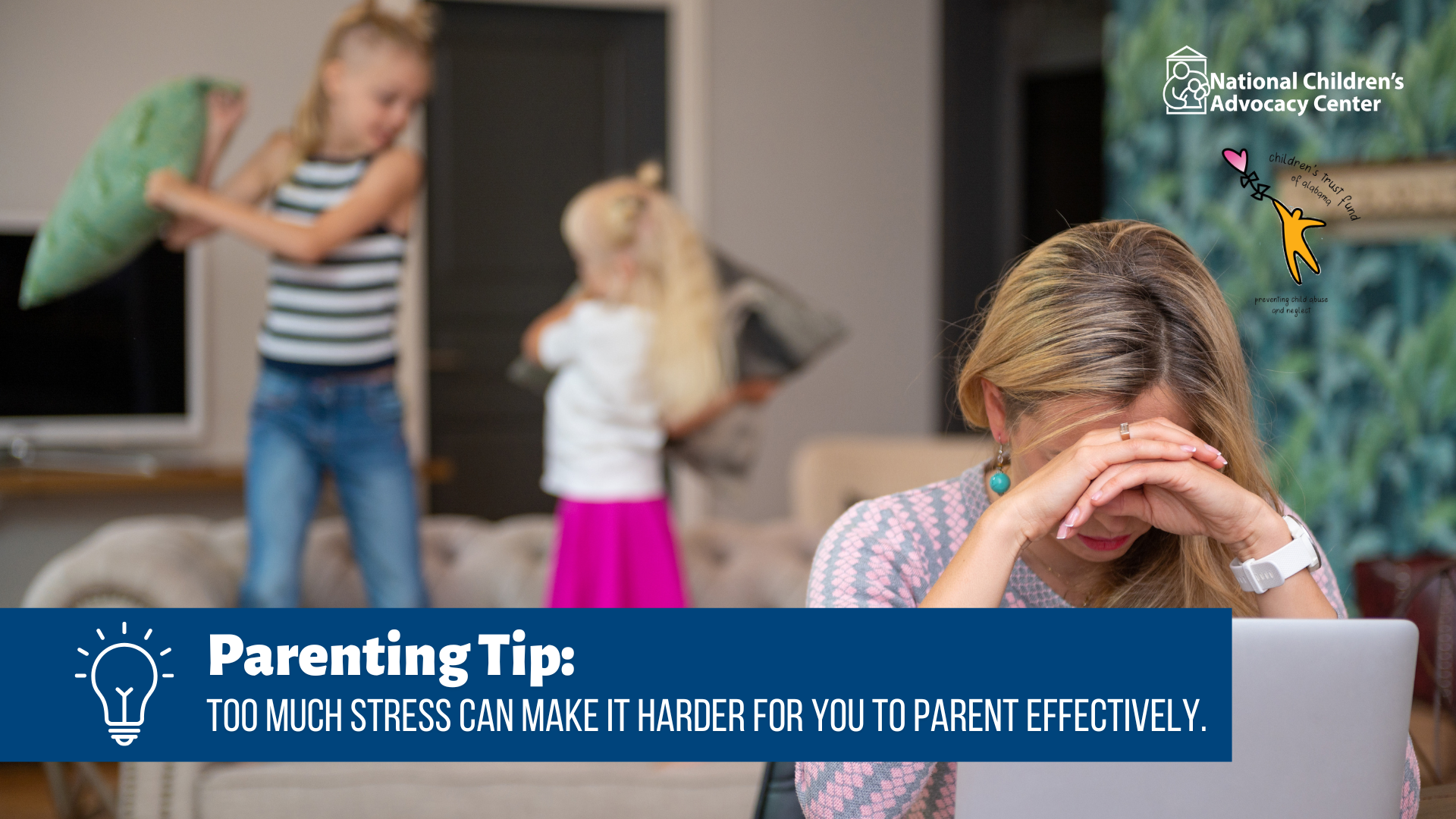
Children can pick up on family stress and show many of the same signs of stress as adults. How can you tell when your child is feeling stressed?
Help is available. In Alabama, call the Parenting Assistance Line at 866-962-3030. Anywhere in the U.S. call 2-1-1 for resources such as housing, food, health care and more.
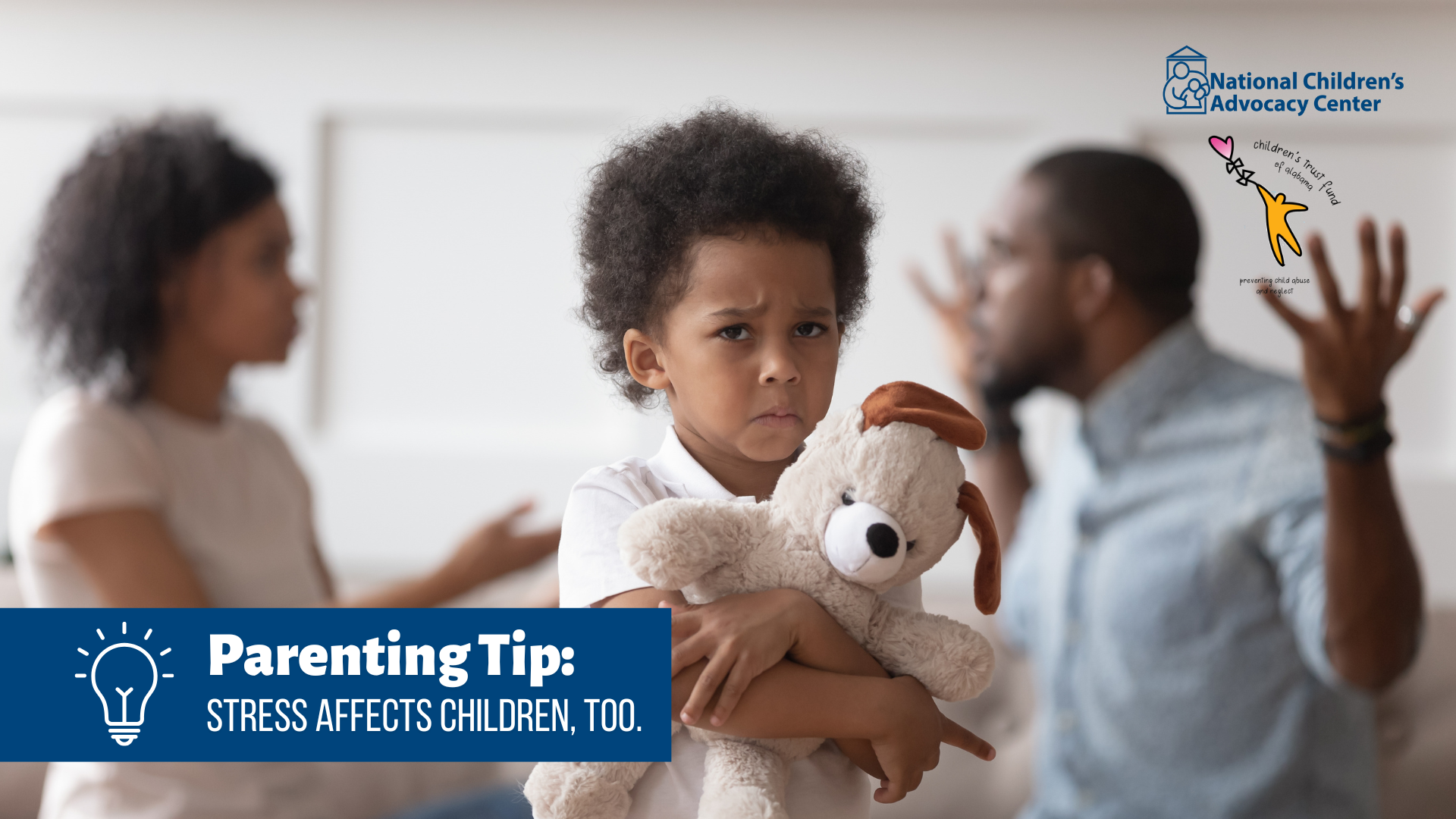
What kinds of things do you do to take care of yourself and manage stress? What are other self-care tools that you could use, would like to use, or have seen others use? What is one new self-care activity you can commit to this week?
Click here for more ideas: https://www.apa.org/topics/stress/managing-healthy-family
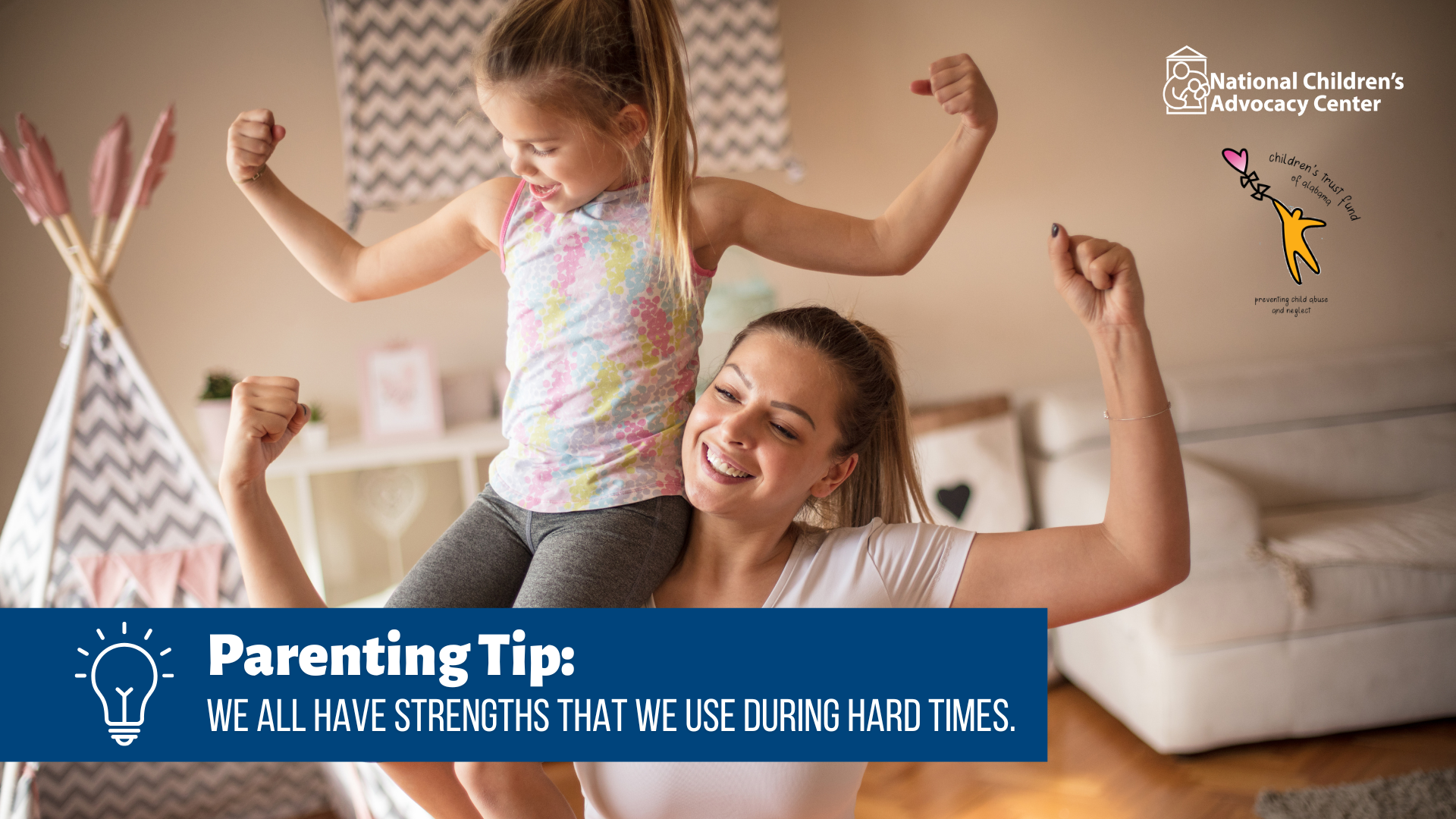
Life’s stress can build up quickly. Take a step back and enjoy some time with your child(ren). Here is a list of fun activities that you and your child(ren) can do: https://www.verywellfamily.com/absolutely-free-activities-for-kids-2997490
